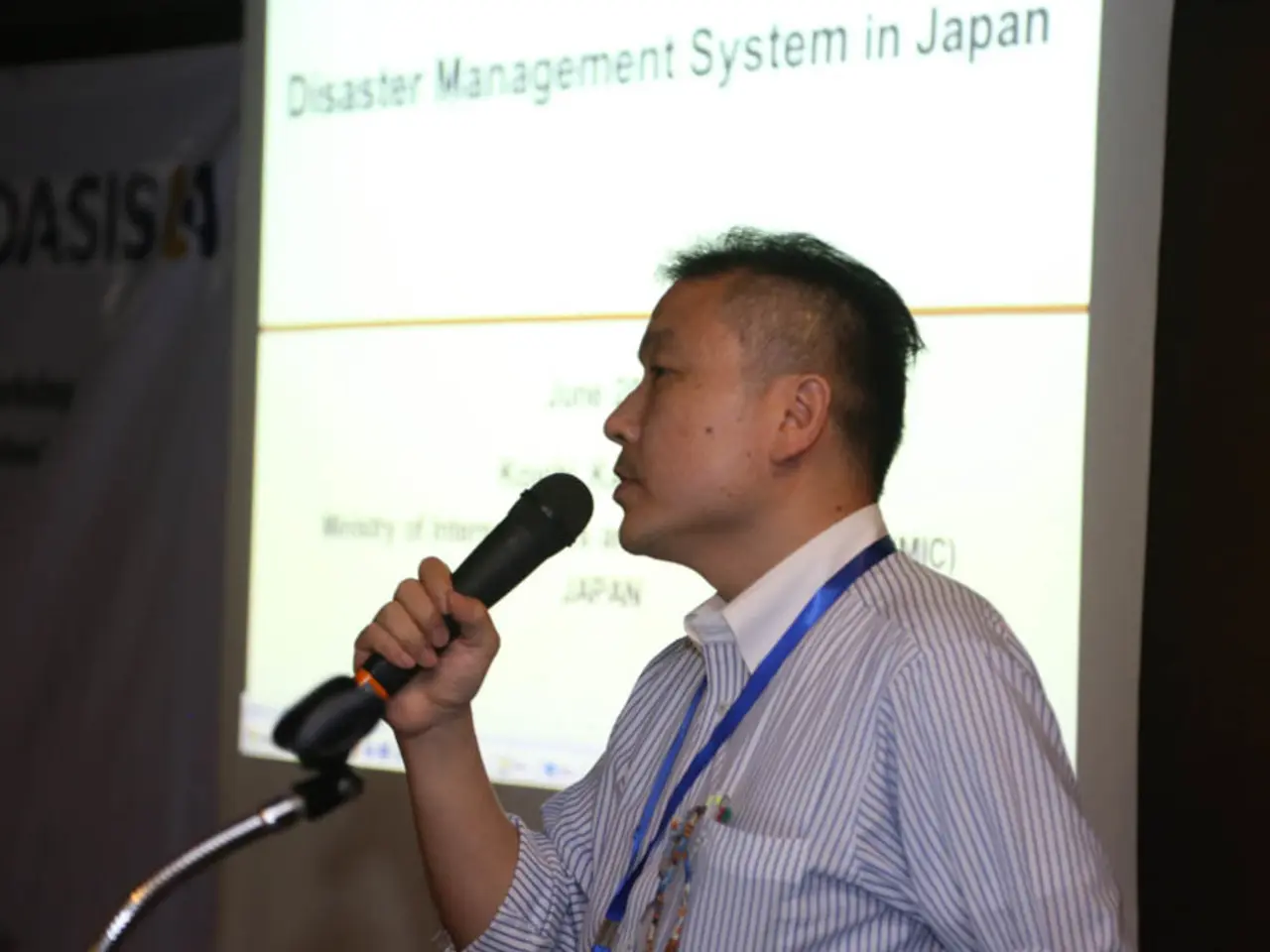Elderly nation grapples with life-threatening dual summer emergency over excessive heat
Japan Faces Deadly Heatwave as Elderly Population Suffers
Japan has been experiencing its hottest summer on record, with temperatures soaring above 41 degrees Celsius (107.24 Fahrenheit) in Japan, causing a deadly heatwave that has claimed hundreds of lives, particularly among the elderly.
Central Tokyo sweltered through nine consecutive days of temperatures above 35 degrees Celsius (95 Fahrenheit), setting a new record for the longest heat streak. Unfortunately, the problem is exacerbated by cultural and demographic factors in Japan.
A shrinking workforce and a reluctance to use air conditioners at home have made the situation more challenging. Many elderly Japanese live alone in small towns and the countryside, often with no one to check on them. This isolation, combined with the difficulty in regulating body temperature and noticing thirst, makes the elderly population more susceptible to heatstroke.
Heatstroke can come with little warning, and it has claimed hundreds of elderly lives each year in Japan. This summer, out of the 101 suspected heatstroke deaths in Tokyo, 66 happened in rooms with air conditioners that weren't being used.
To combat this deadly heat problem, the Japanese government has appointed a Minister of Loneliness and Isolation, and has implemented policies such as promoting advanced healthcare technology, increasing support for eldercare services, encouraging community-based social activities, and expanding pension and welfare programs. These measures aim to improve the health and well-being of the aging population by enhancing medical care, social engagement, and financial security.
In addition, local authorities have launched community programs, enlisting volunteers to go door-to-door and check in on the elderly. The Tokyo government is also developing and distributing a heatstroke prevention wristwatch.
One elderly Japanese man, Toshiaki Morioka, carries an alarm device that measures temperature and humidity to summon emergency responders. He makes sure to drink water and wear a hat when he goes outside during the summer as a promise with his late wife.
Sadly, some elderly Japanese resort to stealing food to survive. In 2021, more than 76,000 deaths of people who lived alone and died at home were reported, more than 70% of whom were aged 65 or older.
Some seniors in Japan prefer prison over living alone due to the regular meals, free healthcare, eldercare, and companionship. The alarm device is part of a government push to address this issue, which has impacted tens of thousands this summer amid record-breaking temperatures.
By 2050, it is expected that one fifth of all households in Japan will be elderly Japanese living alone. It is crucial that the government continues to address this issue and find solutions to keep the elderly population safe and healthy during the harsh summer months.
Read also:
- Experiencing Life's Variety Firsthand: Gaining Insights from Life's Broad Spectrum of Experiences
- Impact of Complex Post-Traumatic Stress Disorder on Romantic Relationships: Symptoms, Causes, and Precautions
- Strategies for Keeping Work Reasonable and Rewarding for those with Autism and ADHD
- Impaired Driving Awareness Campaign Announced by MADD Under the Name "End Herre"








